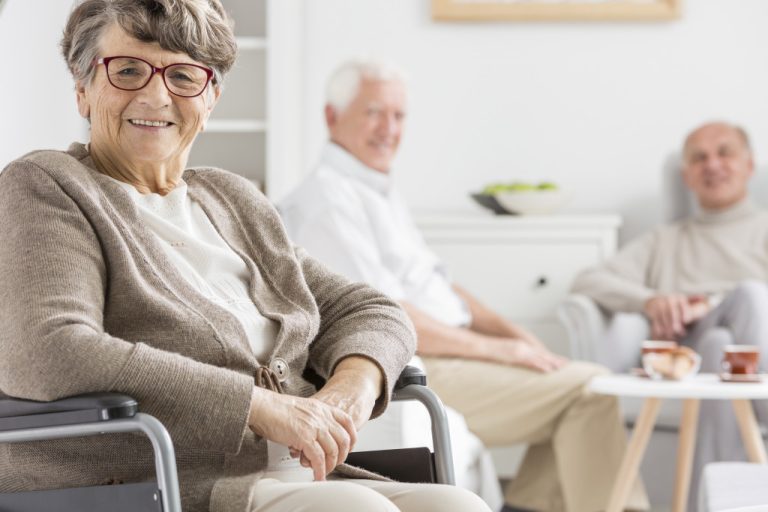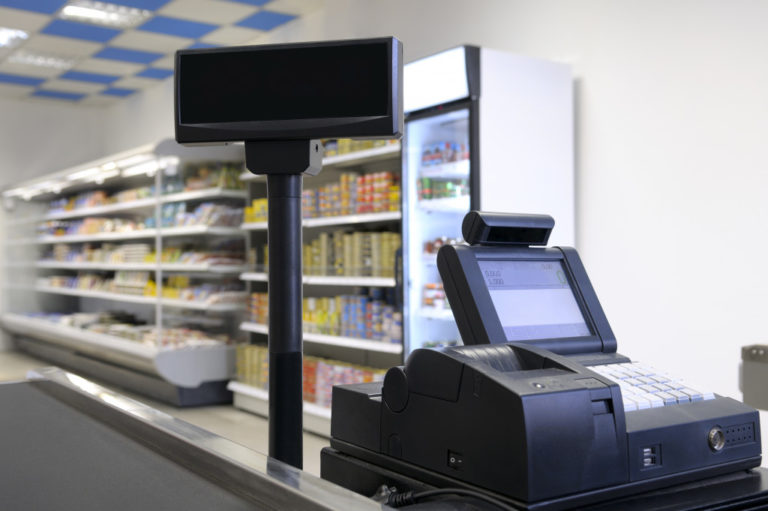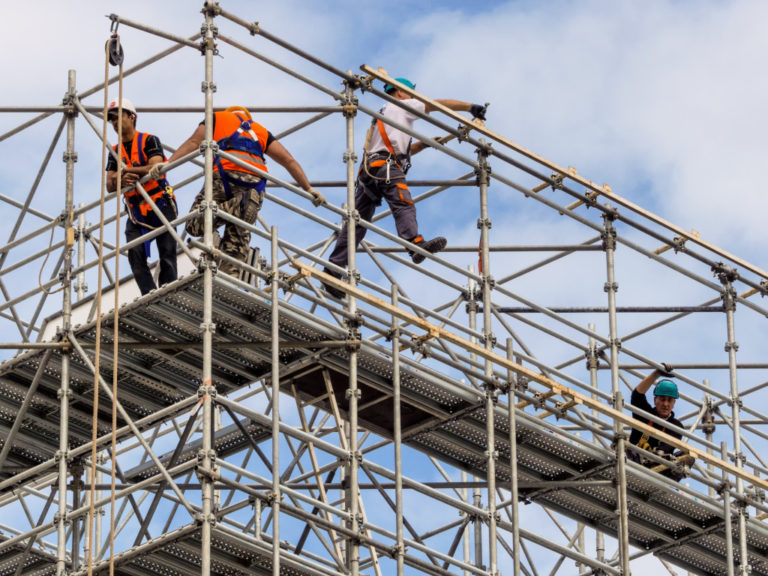- Consider older people’s medical needs, lifestyle preferences, living arrangements, and social activities.
- Develop a plan for long-term care that adequately meets the individual’s needs.
- Research resources include government programs, community services, home health care, and specialized care facilities.
- Ensure older people access adequate nutrition, exercise, and mental stimulation.
Caring for older people is essential as seniors require extra attention and care due to their age-related health concerns and physical limitations. With an increasingly aging global population, statistics show that nearly 10% of the world’s population is over 65 years old, representing more than 962 million people. Similarly, around 16% of the population in the United States alone are seniors over 65, comprising 51 million.
As the elderly face age-related challenges such as mobility issues, chronic health conditions, mental decline, and language barriers, they often require assistance with activities of daily living (ADL) like meal preparation and housekeeping. Additionally, seniors may also need emotional support from caregivers due to a gradual decline in cognitive function, social isolation, and loneliness due to the loss of family and friends.
If you are caring for a senior at home, you must consider various factors to ensure that your elderly loved one receives the best care possible. Here are some tips for taking care of an older adult:
Home Adjustments

Home adjustments are necessary when caring for seniors at home. These can make the living environment more conducive to their needs and ensure they remain safe while receiving the required care. Here are four essential home adjustments to consider when caring for an older adult:
Mobility
Making a home senior-friendly involves providing accessibility and making it easier for them to move around. This includes installing ramps, widening doorways, using slip-resistant flooring, giving support rails in bathrooms, and ensuring furniture is placed appropriately for easy access. Additionally, elevators can also be installed if the home has several floors.
Heating and Cooling System
A comfortable temperature is essential for seniors who may suffer from cold or heat sensitivity due to age-related health conditions. Therefore, investing in a heating or cooling system that fits the size of the home can help maintain a pleasant temperature at all times. Setting up thermostats and humidifiers will also ensure comfort during extreme weather conditions.
Lighting
It is essential to install adequate lighting in each room of the house, particularly those without windows, such as closets or hallways. Motion sensor lights are a great option since they turn on automatically when someone enters a room or area of the house. They provide an extra layer of safety for seniors who cannot maneuver around well at night.
Safety Features
Installing safety features such as window locks, alarms, fire extinguishers, smoke detectors, carbon monoxide detectors, etc., can help keep seniors safe from any potential accidents or hazards that may occur in the house. It is also essential to check these safety features regularly to ensure they function correctly and replace them with new ones.
Medication Management

Medication management is an essential factor to consider when caring for the elderly. It requires careful attention and vigilance as seniors are more likely to suffer from age-related health conditions that need medical attention, such as heart disease, diabetes, arthritis, and Alzheimer’s. Additionally, it is common for seniors to have multiple medications prescribed by different doctors for various conditions. Tracking all their medicines or when they should take them can be challenging.
Forging relationships with healthcare providers is essential for medication management. In addition to keeping records of all prescriptions and refills, caregivers must communicate any changes in the senior’s condition or lifestyle to their doctor. This will ensure that the medications prescribed are appropriate and up-to-date with their individual needs. Caregivers should also be mindful of drug side effects and be prepared to respond accordingly if something arises.
Adhering to a strict medication schedule is also essential for seniors living independently or receiving care at home – this helps ensure that they receive their required dosage at the exact time each day. Caregivers should create reminders for themselves or use digital tools such as apps or online calendars to avoid giving out doses of medicine on time. Furthermore, regular check-ins with the senior’s pharmacist can help review interactions between different medications and support managing possible side effects.
Home Healthcare
Unfortunately, you might have plenty of responsibilities to manage when caring for an elderly loved one, and it can be overwhelming and time-consuming. This is where home healthcare services come into play. Medicare home health is meant to assist seniors in their daily living needs while providing additional support with medical care. Depending on the senior’s needs, services may include skilled nursing, physical therapy, speech therapy, occupational therapy, social visits, homemaker services, and more.
Home healthcare providers can provide the necessary help caregivers need with activities such as bathing or dressing and other daily tasks like housekeeping or meal preparation. Home health agencies usually send out professionals to assess seniors before providing services to ensure they receive the proper care for their condition. The agency will also evaluate the home and provide safety recommendations or adjustments for older people.
Final Thoughts
Ultimately, taking care of an elderly loved one is a responsibility that requires careful consideration and planning. They must look at their needs, medical history, lifestyle habits, and preferences to ensure they receive the best care to remain safe, healthy, and happy in their home. Making the appropriate home adjustments and utilizing available resources can help you ensure your senior loved one gets all the help they need.

















